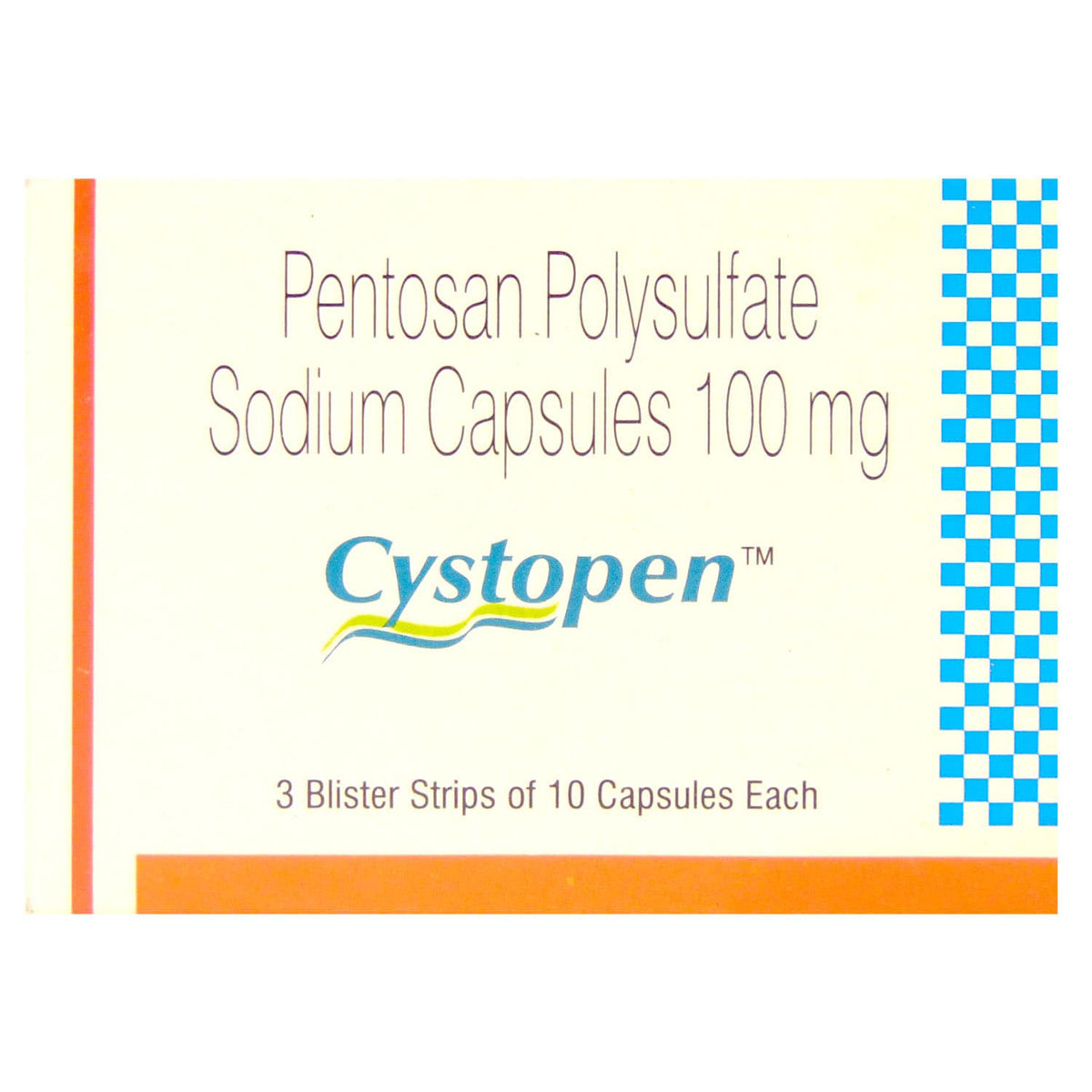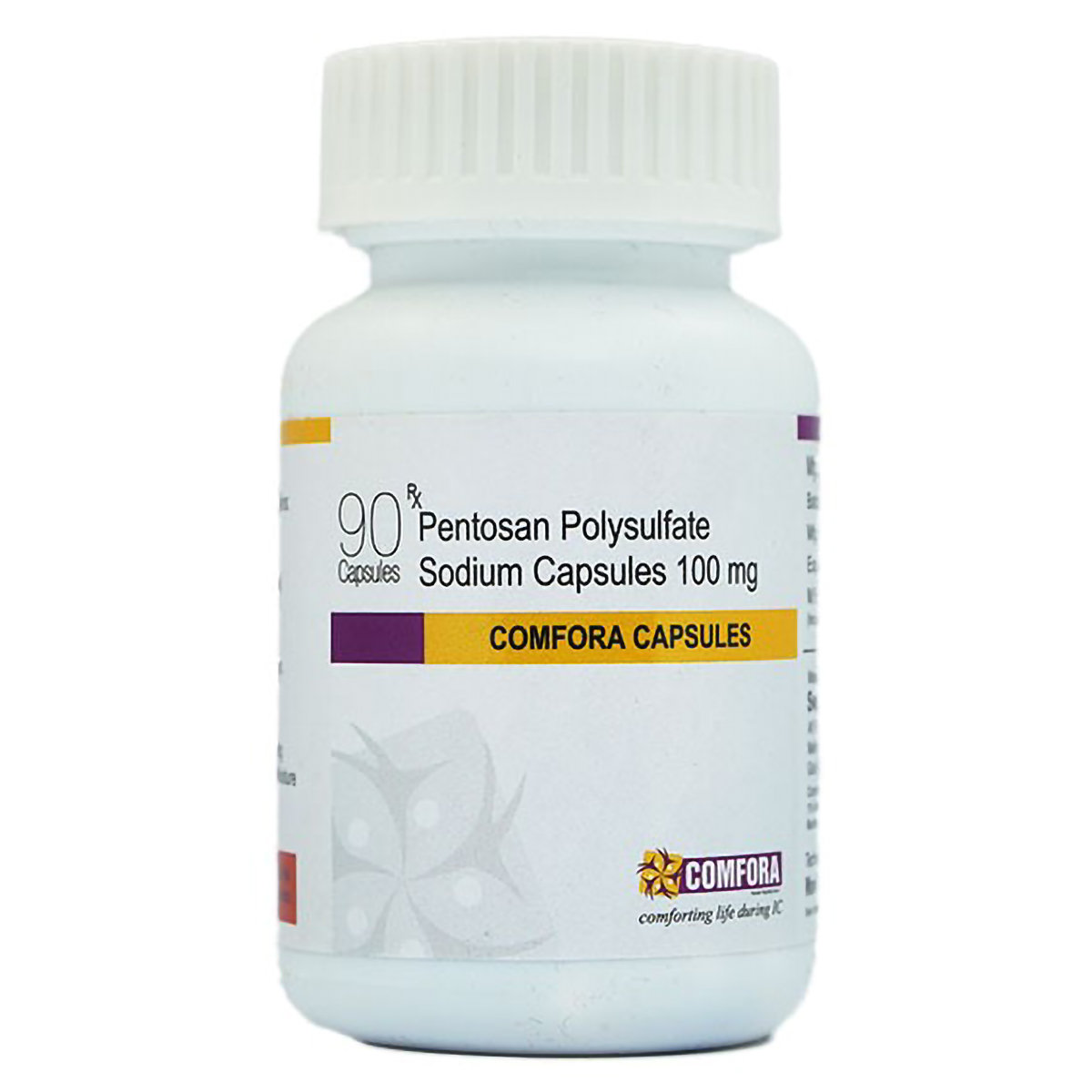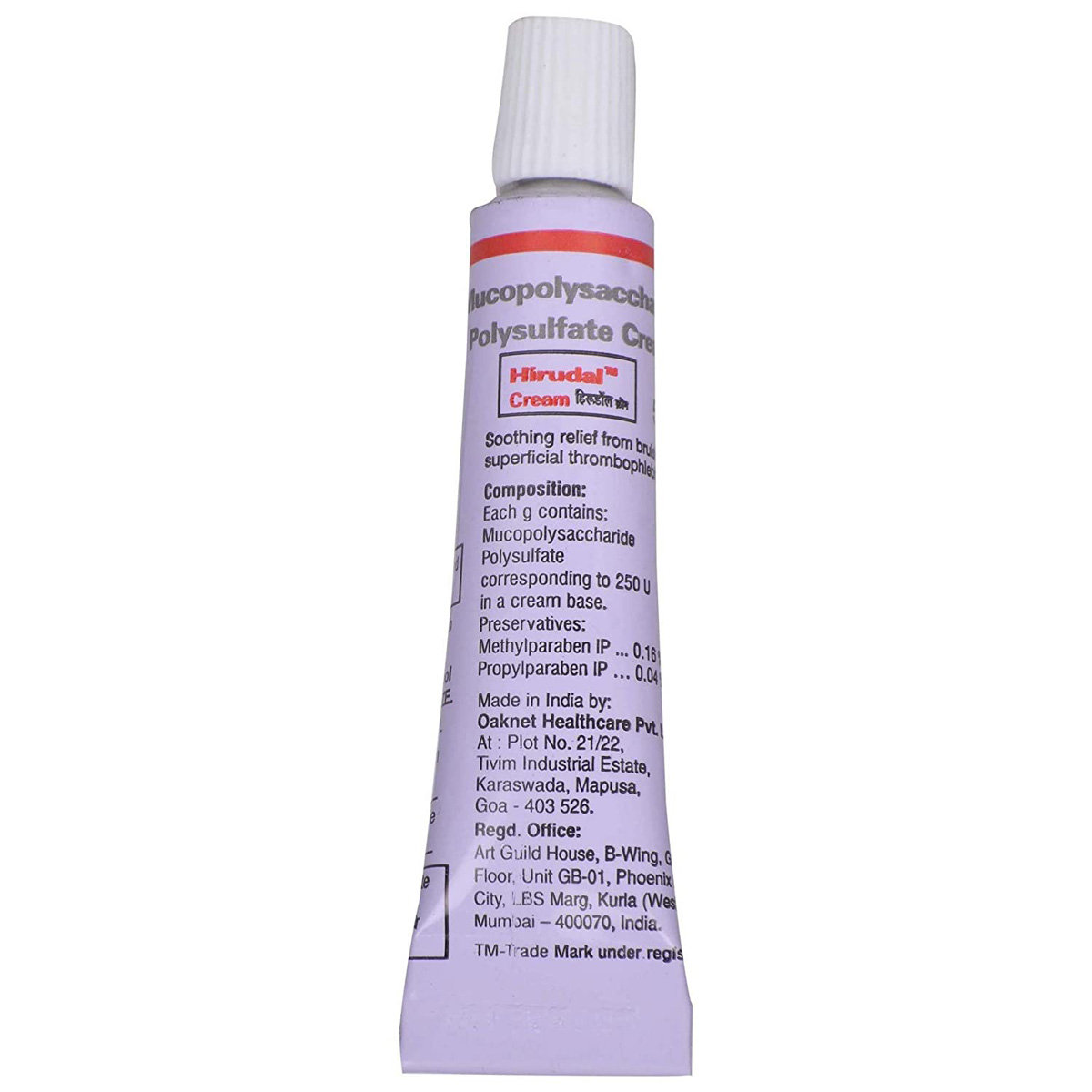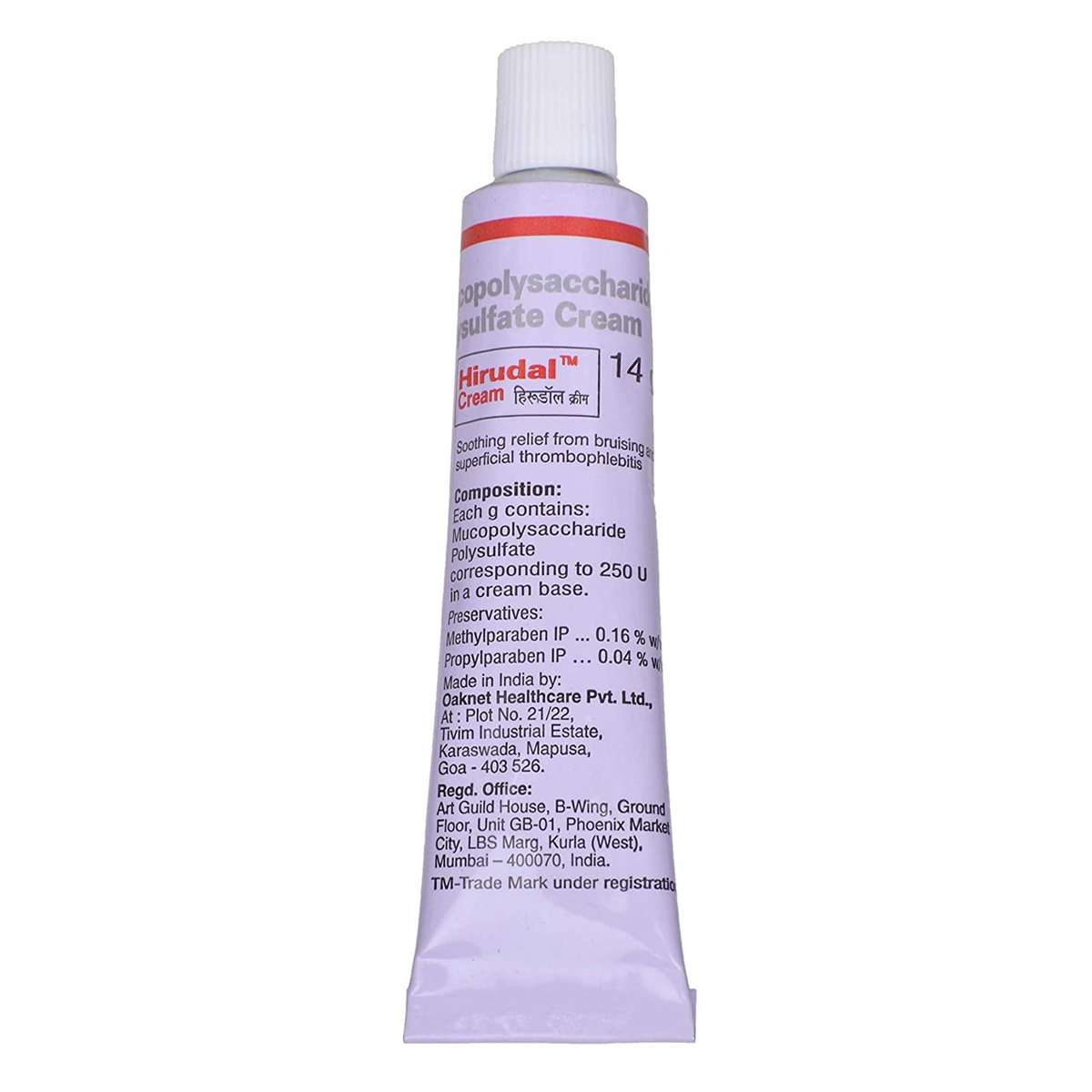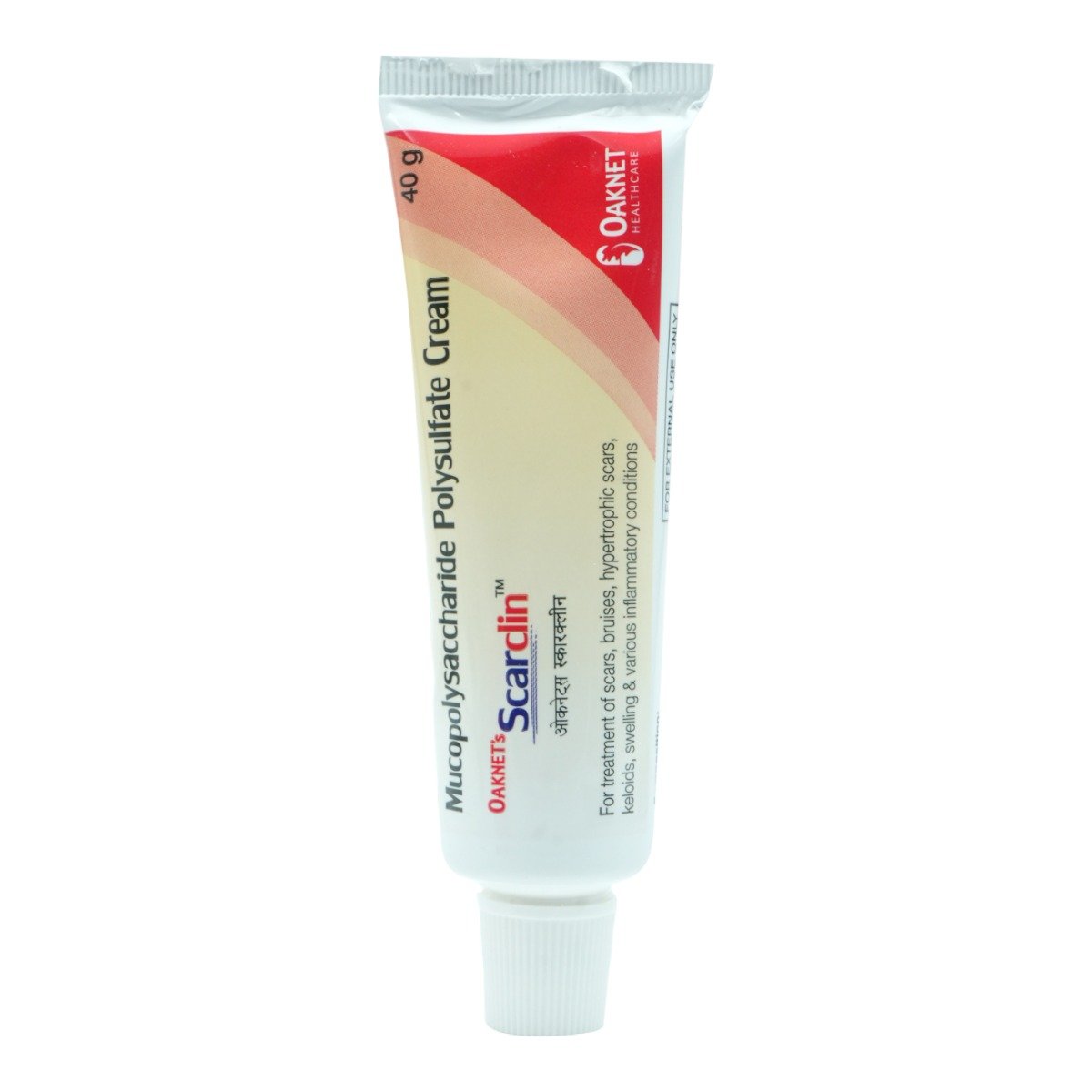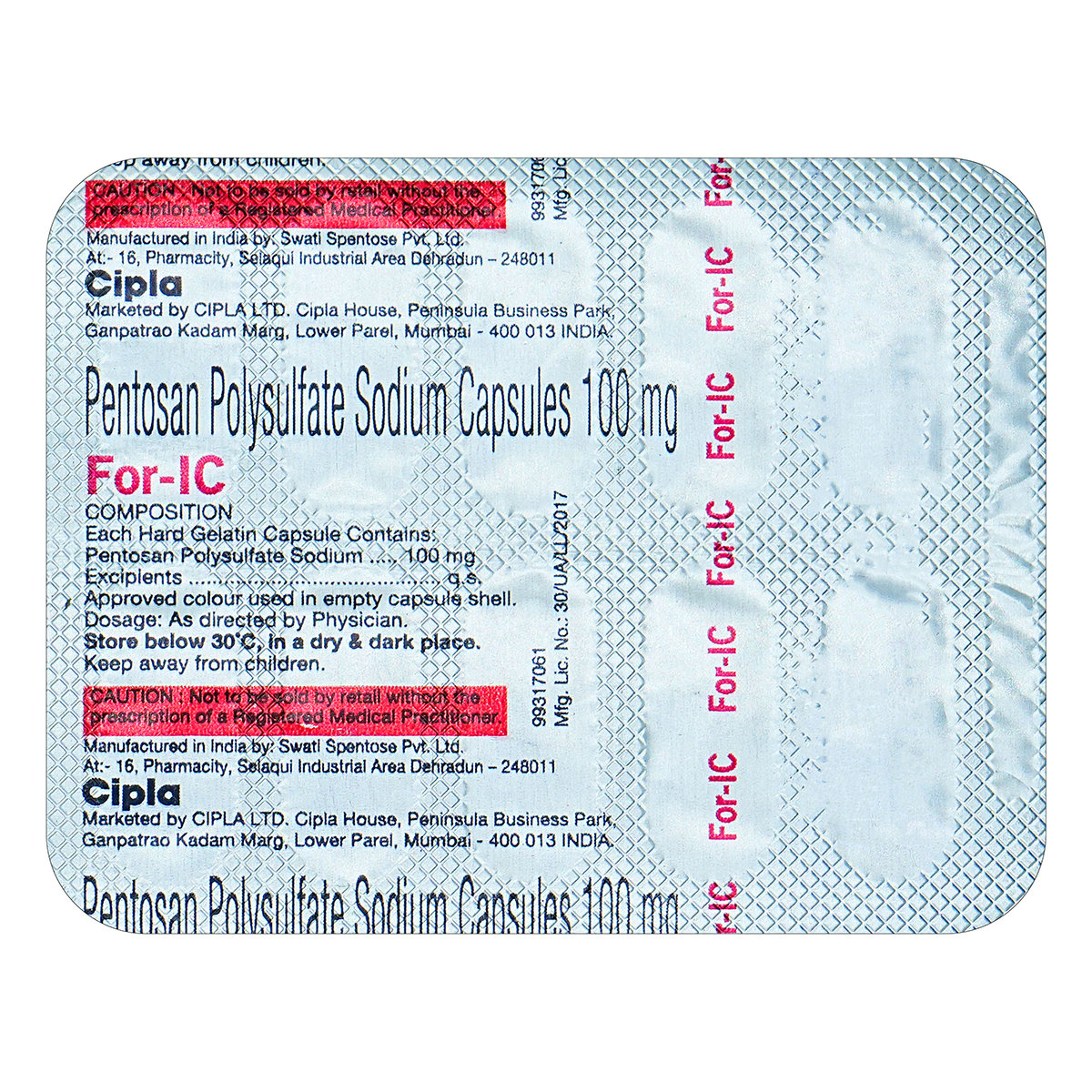Pentosan Polysulfate
About Pentosan Polysulfate
Pentosan Polysulfate is a low-molecular-weight heparin-like compound used to provide relief from bladder pain and discomfort associated with intestinal cystitis. Intestinal cystitis is a disease that causes scarring and swelling of the bladder wall. It is a painful bladder syndrome with bladder pressure, bladder pain, and pelvic pain.
Pentosan Polysulfate contains Pentosan polysulfate, which works by preventing irritation of the bladder walls by binding to the mucosal membrane of the intestine. This helps in preventing the irritating chemicals present in the urine from coming in contact with the bladder wall. Thereby, Pentosan Polysulfate provides relief from the discomfort associated with intestinal cystitis.
You are advised to take Pentosan Polysulfate for as long as your doctor has prescribed it for you, depending on your medical condition. In some cases, you may experience certain common side effects such as stomach upset, headache, dizziness, diarrhoea, and heartburn. Most of these side effects do not require medical attention and will resolve gradually over time. However, you are advised to talk to your doctor if you experience these side effects persistently.
Consult your doctor if you are pregnant or breastfeeding. Pentosan Polysulfate may cause dizziness, so drive only if you are alert. Pentosan Polysulfate is not recommended for children as safety and effectiveness have not been established. Avoid consuming alcohol with Pentosan Polysulfate as it could lead to increased dizziness. Keep your doctor informed about your health condition and medicines to rule out any side effects/interactions.
Uses of Pentosan Polysulfate
Medicinal Benefits
Pentosan Polysulfate belongs to a group of medicines called low-molecular-weight heparins used to provide relief from bladder pain and discomfort associated with intestinal cystitis. Pentosan Polysulfate works by preventing irritation of the bladder walls by binding to the walls of the intestine. This helps in preventing the irritating chemicals present in the urine from coming in contact with the bladder wall. Thereby, Pentosan Polysulfate provides relief from the discomfort associated with intestinal cystitis.
Directions for Use
Storage
Side Effects of Pentosan Polysulfate
- Stomach upset
- Dizziness
- Headache
- Diarrhoea
- Heartburn
Drug Warnings
Do not take Pentosan Polysulfate if you are allergic to any of its components. Inform your doctor if you have a bleeding disorder, eye problems, stroke, stomach ulcer, intestinal polyps, aneurysm (ballooning and weakened area in an artery), haemophilia (disorder in which blood does not clot properly), ulcers, low platelet count, intestinal blockage, spleen disease, liver or kidney problems. Consult your doctor if you are pregnant or breastfeeding. Pentosan Polysulfate may cause dizziness, so drive only if you are alert. Pentosan Polysulfate is not recommended for children as safety and effectiveness have not been established.
Drug Interactions
Drug-Drug Interactions: Pentosan Polysulfate may interact with a blood thinner (warfarin, aspirin)
Drug-Food Interactions: No interactions found/established.
Drug-Disease Interactions: Inform your doctor if you have bleeding disorders or liver impairment.
Drug-Drug Interactions Checker List:
Safety Advice

Alcohol
cautionAvoid consumption of alcohol while taking Pentosan Polysulfate as it may cause increased dizziness.

Pregnancy
cautionPentosan Polysulfate belongs to pregnancy category B. Please consult your doctor if you are pregnant or if you have any concerns regarding this. Your doctor will prescribe Pentosan Polysulfate only if the benefits outweigh the risks.

Breast Feeding
cautionConsult your doctor if you are breastfeeding; your doctor will decide if Pentosan Polysulfate can be taken by breastfeeding mothers or not.

Driving
cautionPentosan Polysulfate may cause dizziness. Do not drive or operate machinery unless you are alert.

Liver
cautionLimited information is available regarding the use of Pentosan Polysulfate in patients with liver problems. Please consult your doctor.

Kidney
cautionLimited information is available regarding the use of Pentosan Polysulfate in patients with kidney problems. Please consult your doctor.

Children
unsafePentosan Polysulfate is not recommended for children below 16 years as safety and effectiveness have not been established.
Habit Forming
Diet & Lifestyle Advise
- Maintain a healthy diet and exercise regularly as it helps in improving overall health and boosts self-esteem.
- Avoid citrus fruits and spicy food.
- Limit intake of caffeine, carbonated beverages, and alcohol.
- Consume mild sweet potatoes, pears, and blueberries.
- Perform meditation and yoga. This helps in relieving stress and provides relaxation.
- Follow a regular sleep pattern to improve the amount and quality of sleep you get.
- Learn relaxation skills as they help in reducing stress.
- Avoid smoking.
- Wear loose and comfortable clothes.
- Pelvic floor exercises and manipulative physical therapy may help reduce tenderness and pain.
Patients Concern
Disease/Condition Glossary
Intestinal cystitis: Intestinal cystitis is a disease that causes scarring and swelling of the bladder wall. It is a painful bladder syndrome with bladder pressure, bladder pain, and pelvic pain. The pain could be mild or severe. Intestinal cystitis is more common in women than in men. Symptoms include pelvic pain, urgent and persistent need to urinate, frequent urination, and pain during sexual intercourse. Although the signs and symptoms of intestinal cystitis are similar to urinary tract infections, usually, there is no infection in case of intestinal cystitis. However, the symptoms may worsen if a person with intestinal cystitis gets an infection in the urinary tract.
FAQs
Pentosan Polysulfate works by preventing irritation of the bladder walls by binding to the walls of the intestine. This helps in preventing the irritating chemicals present in the urine to come in contact with the bladder wall. Thereby, Pentosan Polysulfate provides relief from the discomfort associated with intestinal cystitis.
Pentosan Polysulfate may cause unusual bleeding or bruising. Be cautious while using sharp objects and while doing any activities which might cause injury. Consult a doctor immediately if you notice unusual bleeding or bruising, such as blood in stools or urine, nosebleed, rectal bleeding, heavy gum bleeding, or bloody vomit.
Do not discontinue Pentosan Polysulfate without consulting your doctor, as it could lead to recurring or worsening of symptoms. To treat your condition effectually, continue taking Pentosan Polysulfate for as long as prescribed. Do not be reluctant to speak with your doctor if you feel any difficulty while taking Pentosan Polysulfate.
Diarrhoea could be a side-effect of Pentosan Polysulfate. Eat non-spicy meals and drink plenty of fluids if you experience diarrhoea. Consult your doctor if you have severe diarrhoea or if you find black/tarry stools or blood in stools.
Consult your doctor before taking anti-coagulants along with Pentosan Polysulfate. Pentosan Polysulfate might increase the risk of bleeding as it has a weak anticoagulant effect.

